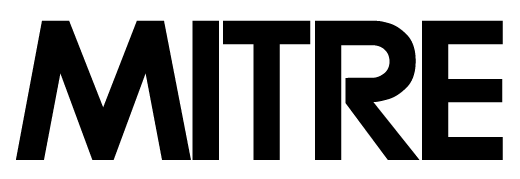PARTNERS
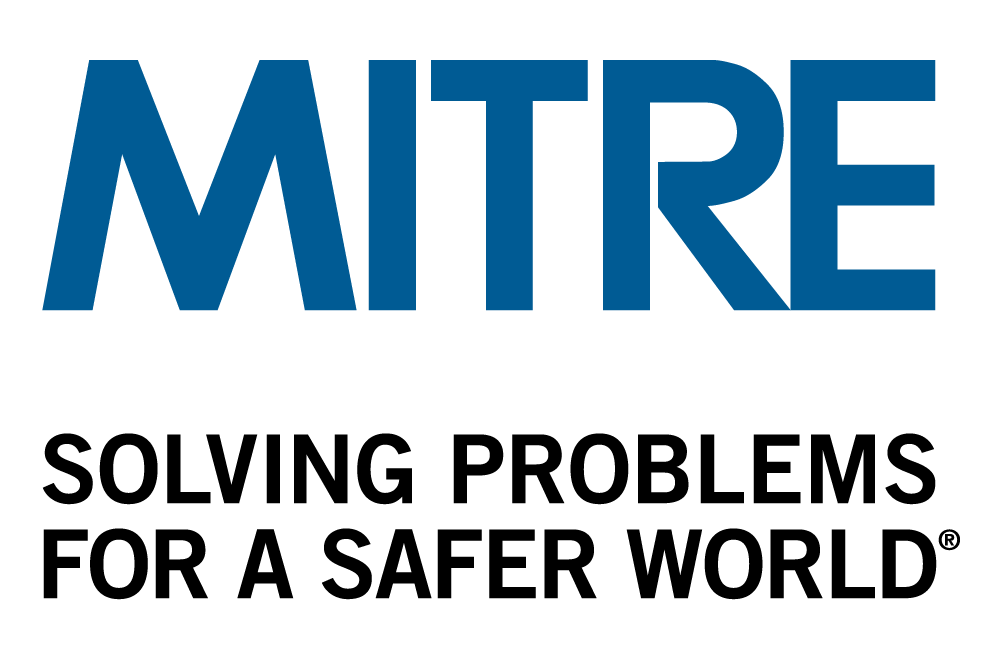
MITRE applies systems thinking across governemnent, industry, and academia to solve whole-of-nation challenges. We discover new possibilities through objective insight and trusted access that brings data to decisions. We lead by pioneering together for the public good, bringing innovative ideas into existence.

Gallup is a leader in public opinion research in the United States and globally since 1935. For more than 85 years, Gallup has been the most trusted name in survey research — providing a voice to the world’s population on issues of critical importance including education, environment, wellbeing, economic confidence and public health. Gallup maintains industry-leading research platforms to conduct public opinion and social science research. For the MITRE-Gallup Food Waste study, Gallup utilized the Gallup Panel, a probability-based research panel with over 100,000 randomly selected U.S. adults who have agreed to complete surveys on a regular basis. The Gallup Panel provides a nationally representative sample to guide the thinking and decision-making of business leaders, government officials, researchers, educators and others across the public, private and social sectors.
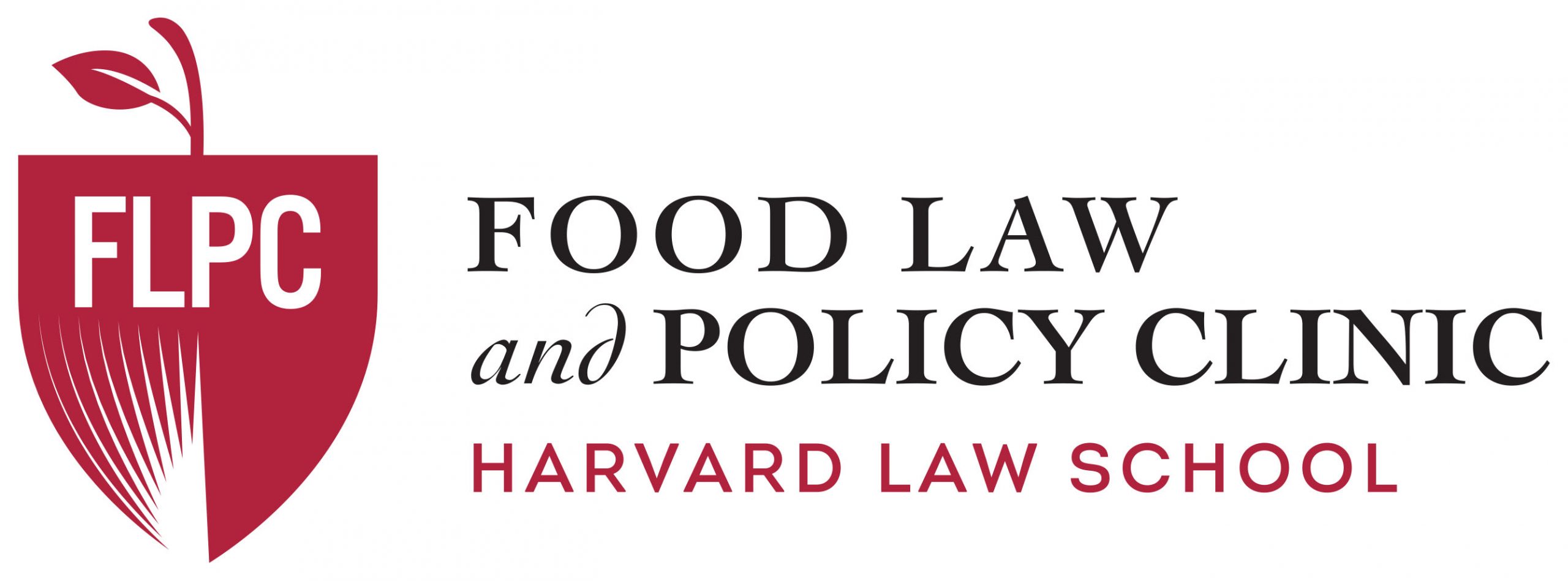
Since 2010, the Harvard Law School Food Law and Policy Clinic (FLPC) has served partner organizations and communities in the U.S. and around the world by providing guidance on cutting-edge food system issues, while engaging law students in the practice of food law and policy. FLPC is committed to advancing a cross-sector, multi-disciplinary and inclusive approach to its work, building partnerships with academic institutions, government agencies, non-profit organizations, private sector actors, and civil society with expertise in public health, the environment, and the economy. FLPC’s work focuses on increasing access to healthy foods, supporting sustainable and equitable food production, reducing waste of healthy, wholesome food, and promoting community-led food system change.
As a teaching clinic of Harvard Law School, FLPC also seeds the next generation of food law experts by engaging law students in conducting these projects, providing mentorship and action-learning opportunities.
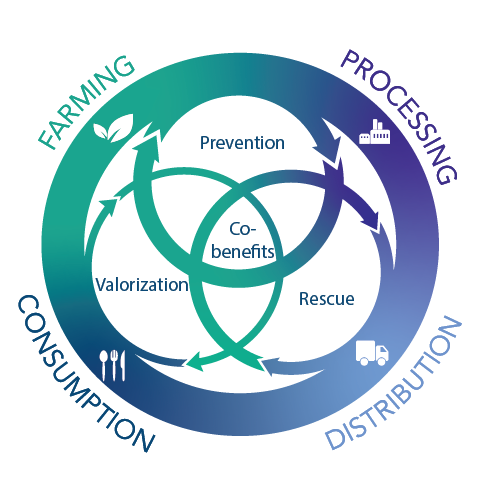
Brian Roe leads The Ohio State Food Waste Collaborative, a collection of researchers, practitioners, and students working together to promote the reduction and redirection of food waste as an integral part of a healthy and sustainable food system, and co-leads the RECIPES Network, a National Science Foundation Sustainable Regional System’s Research Network focused on increasing food system sustainability, resilience and equity by addressing the issue of food waste. Dr. Roe is the VanBuren Professor in the Department of Agricultural, Environmental and Development Economics at Ohio State University. He actively advises several governmental and non-governmental agencies concerning food waste policy and measurement issues.
Ran Li is a fourth-year Ph.D. student in the Agricultural, Environmental, and Development Economics Department at Ohio State University. Her research interest lies in understanding consumer’s food-related behaviors, with a special focus on addressing issues such as food waste reduction, the promotion of healthy eating habits, and the broader goal of sustainability in our food systems.

Natural Resources Defense Council Lorem ipsum dolor sit amet, consectetur adipiscing elit, sed do eiusmod tempor incididunt ut labore et dolore magna aliqua. Ut enim ad minim veniam, quis nostrud exercitation ullamco laboris nisi ut aliquip ex ea commodo consequat. Duis aute irure dolor in reprehenderit in voluptate velit esse cillum dolore eu fugiat nulla pariatur.
Lorem ipsum dolor sit amet, consectetur adipiscing elit, sed do eiusmod tempor incididunt ut labore et dolore magna aliqua. Ut enim ad minim veniam, quis nostrud exercitation ullamco laboris nisi ut aliquip ex ea commodo consequat. Duis aute irure dolor in reprehenderit in voluptate velit esse cillum dolore eu fugiat nulla pariatur.
The World Wildlife Fund is one of the world’s leading conservation organizations, working for 60 years in nearly 100 countries to help people and nature thrive. With the support of 1.3 million members in the United States and more than 5 million members worldwide, WWF is dedicated to delivering science-based solutions to preserve the diversity and abundance of life on Earth, halt the degradation of the environment, and combat the climate crisis. Visit www.worldwildlife.org to learn more.
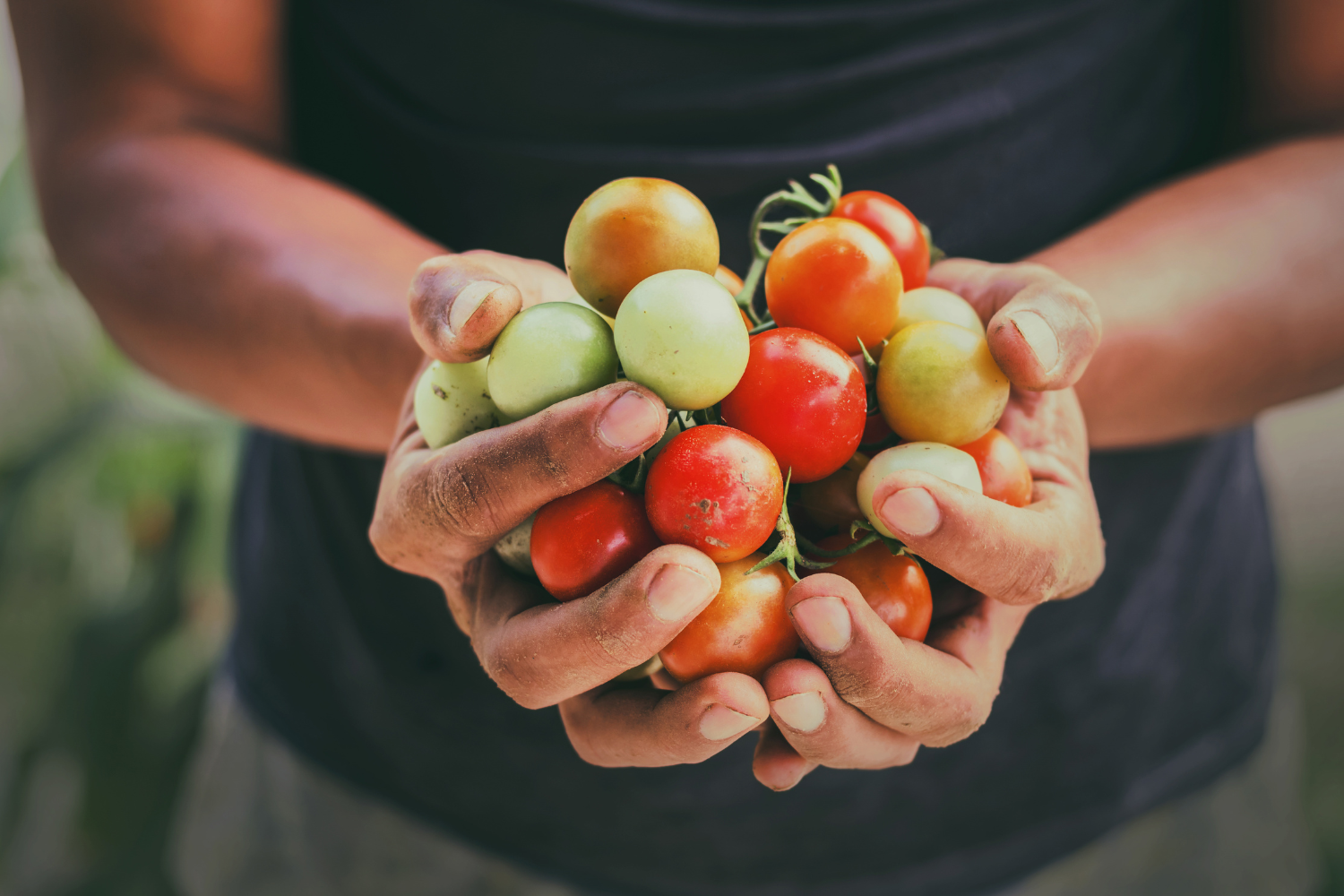
MITRE and Gallup gratefully acknowledge the following organizations for their counsel and vital contributions to this research. The EPA, USDA, FDA, and WRAP are leaders in global food waste research, seeking to quantify and reduce waste. Explore their work through the links below!
U.S. ENVIRONMENTAL PROTECTION AGENCY
Wasted food is a growing problem in our modern society and an untapped opportunity. In 2019 alone, EPA estimates that about 66 million tons of wasted food were generated in the food retail, food service, and residential sectors, and most of this waste (about 60%) was sent to landfills. EPA estimates that more food reaches landfills than any other single material in our everyday trash, constituting 24 percent of municipal solid waste. EPA works with stakeholders throughout the food system to reduce waste through partnership, leadership and action.
Learn more about Sustainable Management of Food from EPA.
U.S. FOOD AND DRUG ADMINISTRATION
How to Cut Food Waste and Maintain Food Safety
Learn how food waste and food safety are connected.
Tips to Reduce Food Waste
Learn to reduce food waste at the grocery store or when eating out; in the kitchen while storing and preparing; at home while cooking, serving, and enjoying food with family and friends.
Confused by Date Labels on Packaged Foods?
In a consumer update, FDA offers advice to help consumers determine if their food is still good to eat while also reducing food waste in their homes.
Food Waste Animated Videos
Check out animated videos that can help you take action to reduce food waste.
Food Loss and Waste Social Media Toolkit
Resources to help you spread the word about reducing food waste. Includes sample social media posts for Twitter, Facebook, Instagram, and Pinterest.
Infographics
View infographics on a variety of food loss and waste related topics in the “Reducing Food Waste” tab.
U.S. DEPARTMENT OF AGRICULTURE
USDA is doing its part to help make preventing food waste the first-best option for farmers, businesses, organizations, and consumers. A large number of USDA programs contribute to this objective, ranging from those supporting market and distributional efficiencies to those educating consumers about safe food storage. Selected new and ongoing activities directly contributing to the reduction of food loss and waste are listed below.
Download the FoodKeeper App – The FoodKeeper app provides guidance on safe handling, preparation, and storage of more than 650 food and beverage items.
Watch USDA Food Loss and Waste Videos – USDA has a food loss and waste playlist in YouTube with Videos in English and Spanish.
Learn about USDA’s Food Waste Activities.
Waste & Resource Action Programme
WRAP is working from farm to fork to transform the global food system. They are leading the way in tackling food loss and waste, reducing GHG emissions and water use. Their work with global brands, governments, delivery partners and directly with individuals to reduce food waste is delivering lasting impact. WRAP’s experts develop collaborative projects that enable organizations to reduce food waste and GHG emissions, and protect critical water resources. WRAP has helped to develop food & drink voluntary agreements around the world.
Love Food Hate Waste
Within the UK, WRAP delivers a citizen facing campaign Love Food Hate Waste. WRAP has taken the knowledge, insight and experience learned from Love Food Hate Waste and worked with 8 countries in total to develop their own localized Love Food Hate Waste campaigns.
Action on Food Waste
Using WRAP’s tools and guidance, organizations can work out what types of waste to measure and how to measure it. By working with WRAP, your organization can improve processes, find new techniques, and implement best practice in your supply chain.
MITRE and Gallup gratefully acknowledge the following organizations for their counsel and vital contributions to this research. The EPA, USDA, FDA, and WRAP are leaders in global food waste research, seeking to quantify and reduce waste. Explore their work through the links below!
U.S. DEPARTMENT OF AGRICULTURE
USDA is doing its part to help make preventing food waste the first-best option for farmers, businesses, organizations, and consumers. A large number of USDA programs contribute to this objective, ranging from those supporting market and distributional efficiencies to those educating consumers about safe food storage. Selected new and ongoing activities directly contributing to the reduction of food loss and waste are listed below.
Download the FoodKeeper App – The FoodKeeper app provides guidance on safe handling, preparation, and storage of more than 650 food and beverage items.
Watch USDA Food Loss and Waste Videos – USDA has a food loss and waste playlist in YouTube with Videos in English and Spanish.
Learn about USDA’s Food Waste Activities.
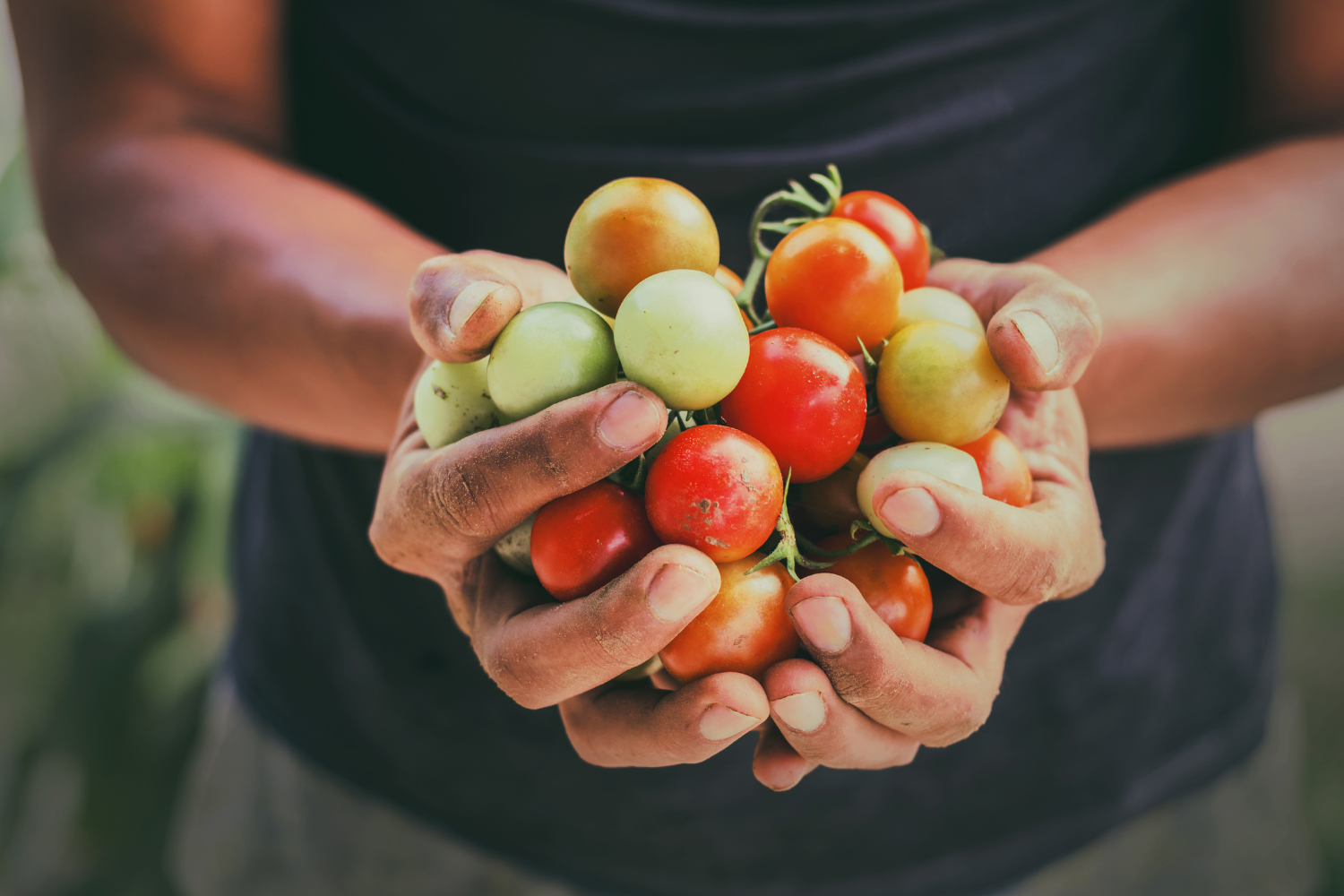
Waste & Resource Action Programme
WRAP is working from farm to fork to transform the global food system. They are leading the way in tackling food loss and waste, reducing GHG emissions and water use. Their work with global brands, governments, delivery partners and directly with individuals to reduce food waste is delivering lasting impact. WRAP’s experts develop collaborative projects that enable organizations to reduce food waste and GHG emissions, and protect critical water resources. WRAP has helped to develop food & drink voluntary agreements around the world.
Love Food Hate Waste
Within the UK, WRAP delivers a citizen facing campaign Love Food Hate Waste. WRAP has taken the knowledge, insight and experience learned from Love Food Hate Waste and worked with 8 countries in total to develop their own localized Love Food Hate Waste campaigns.
Action on Food Waste
Using WRAP’s tools and guidance, organizations can work out what types of waste to measure and how to measure it. By working with WRAP, your organization can improve processes, find new techniques, and implement best practice in your supply chain.
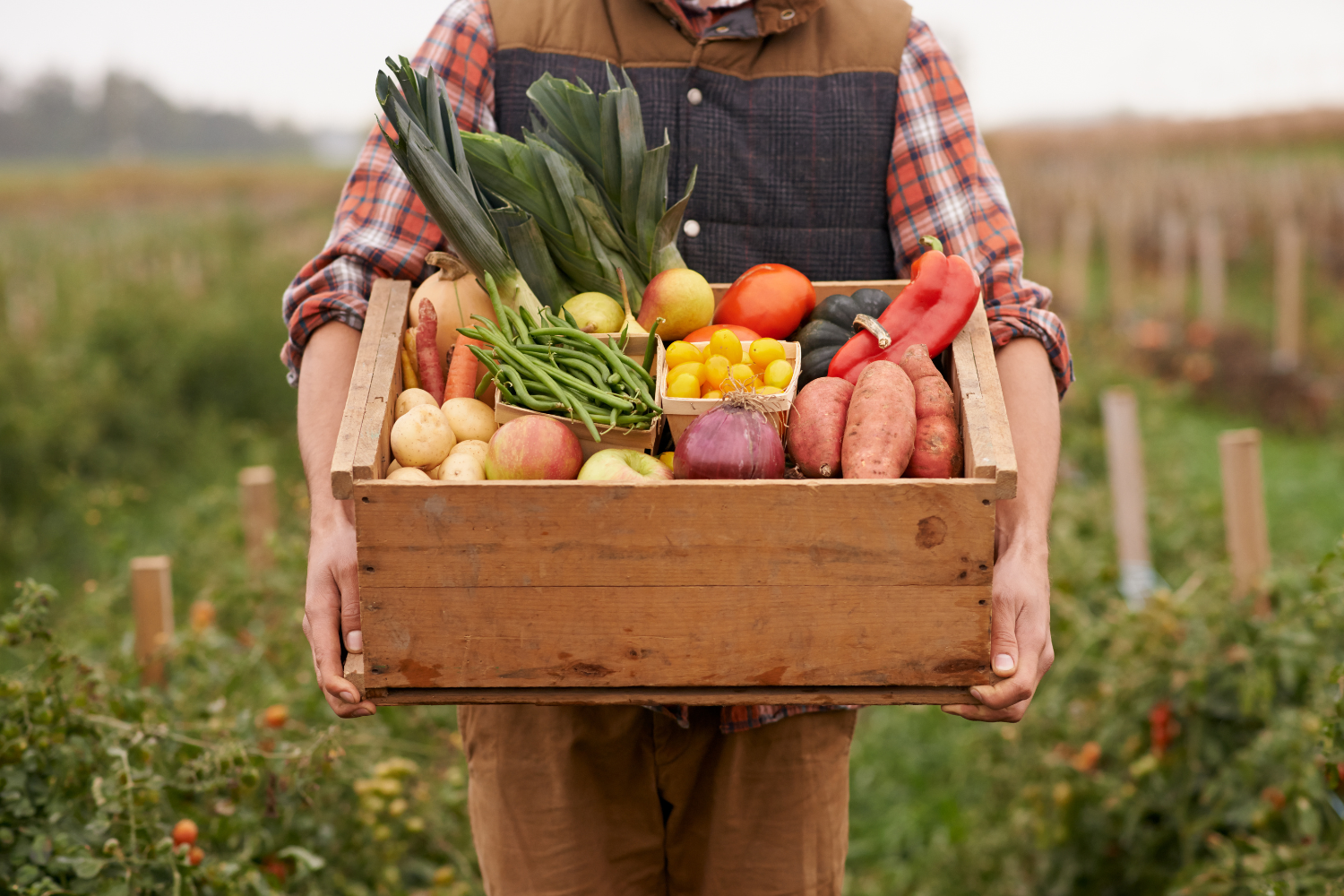
U.S. ENVIRONMENTAL PROTECTION AGENCY
Wasted food is a growing problem in our modern society and an untapped opportunity. In 2019 alone, EPA estimates that about 66 million tons of wasted food were generated in the food retail, food service, and residential sectors, and most of this waste (about 60%) was sent to landfills. EPA estimates that more food reaches landfills than any other single material in our everyday trash, constituting 24 percent of municipal solid waste. EPA works with stakeholders throughout the food system to reduce waste through partnership, leadership and action.
Learn more about Sustainable Management of Food from EPA.
U.S. FOOD AND DRUG ADMINISTRATION
How to Cut Food Waste and Maintain Food Safety
Learn how food waste and food safety are connected.
Tips to Reduce Food Waste
Learn to reduce food waste at the grocery store or when eating out; in the kitchen while storing and preparing; at home while cooking, serving, and enjoying food with family and friends.
Confused by Date Labels on Packaged Foods?
In a consumer update, FDA offers advice to help consumers determine if their food is still good to eat while also reducing food waste in their homes.
Food Waste Animated Videos
Check out animated videos that can help you take action to reduce food waste.
Food Loss and Waste Social Media Toolkit
Resources to help you spread the word about reducing food waste. Includes sample social media posts for Twitter, Facebook, Instagram, and Pinterest.
Infographics
View infographics on a variety of food loss and waste related topics in the “Reducing Food Waste” tab.
